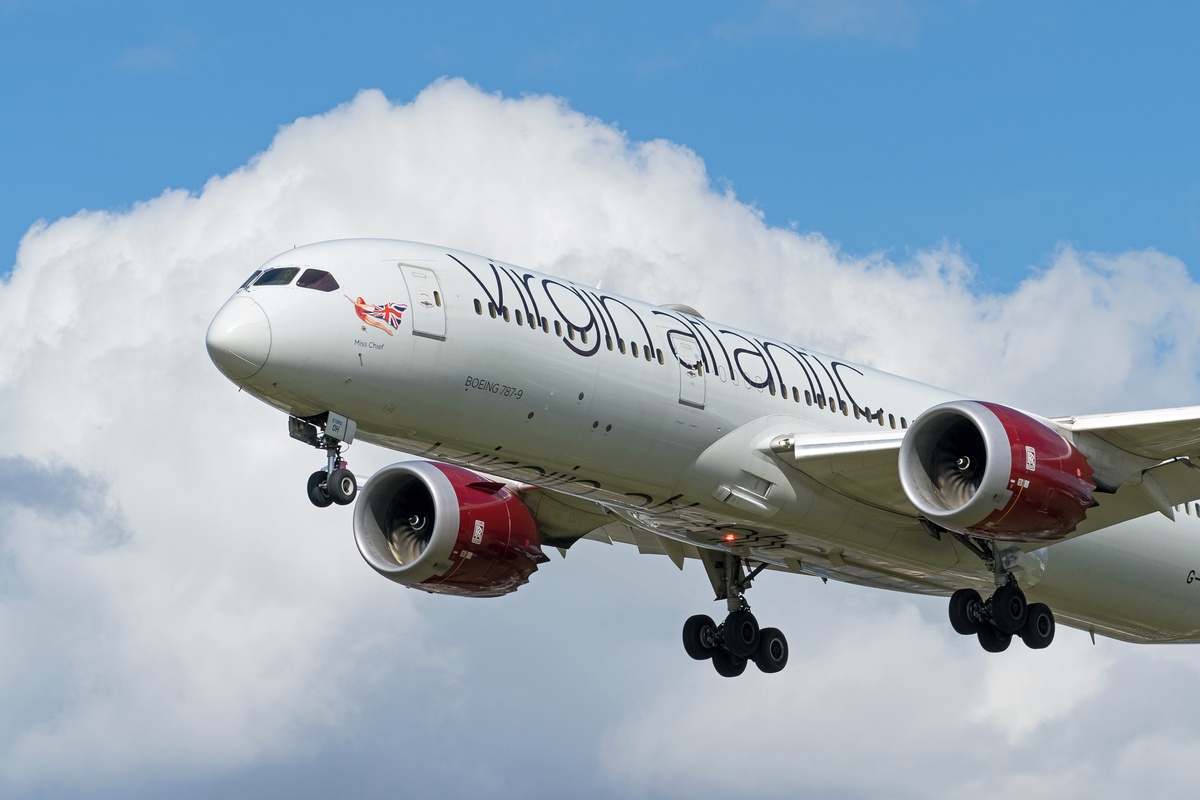Travelport CEO Talks Recovery Outlook and Tech Investment in 2023

Skift Take
Travelport is about three-quarters of the way toward a full recovery after the pandemic decimated the travel industry.
Compared to 2019, Travelport ended 2022 with a recovery of its total volume of bookings at a percentage in mid-70s, Greg Webb, CEO of the U.K.-based global distribution system company, told Skift.
In 2021, it had recovered just over 50 percent compared to 2019.
Travelport — along with its two larger competitors, public companies Amadeus and Sabre — primarily act as marketplaces to connect airlines and travel agents, though they all are continually investing in new technology and broadening their business models.
None of the three companies have fully recovered to 2019 numbers. Sabre reported a revenue recovery of about 67 percent during the third quarter of 2022, while Amadeus said it recovered about 87 percent during the same period.
Webb shared an outlook about where Travelport is focused, particularly its tech investments, as the company continues its recovery this year.
Recovery and Roadblocks in 2023
Webb expects to continue seeing a linear recovery going forward, largely guided by the return to full capacity for airlines.
And that line is moving slowly.
“I expect that fairly linear recovery to continue,” Webb said. “In 2023, the industry won't recover to 100 percent for the full year. But as an exit point for 2023, we'll get closer to that number.”
The slowest pieces to recover for airlines have been international and business travel.
The lack of international travel has been closely tied to governmental regulations, he said, which can be seen in activity spikes following regulation changes. That’s promising for revenue growth as the world continues relaxing regulations — like China has done in the first part of the year.
“We're really seeing an increase in the volume of international travel. and we think that will continue,” Webb said. “China finally has moved off their Covid restriction structure that they had in place, and we saw an immediate impact to volume for both outbound and inbound travel to China.”
As for business travel, he expects it is increasing based on the types of destinations being booked right now, the busiest time of year for bookings.
At this time in 2022, the shopping activity was largely leisure-based, with bookings for places like beach destinations and ski resorts. This year, there appears to be more shopping activity for big city destinations, he said.
“Which tends to make you believe that shopping activity is focused on corporate travel,” Webb said.
Felix Dannegger, a consultant for the airline industry, questions whether business travel will ever return to where it had been. With talk in Europe, especially, of doing away with flights between destinations that could easily be reached by train, that could also prevent a full recovery.
“Some of it, I think, will not recover, and so the last volume will have to be made up just by growth,” said Dannegger, managing director of the firm Oystin.
As Travelport and the other global distribution companies focus on recovery, he expects they will have to focus on other areas of the business to see a full revenue recovery in the long run.
“It's going to require a higher level of business activity to get that same level of air travel that you needed in the past,” Dannegger said.
Next-Generation Investments at Travelport
Travelport secured $500 million in debt from its private equity owners during the worst part of the pandemic, which he said carried the company through and allowed it to invest in modernizing its systems.
“It’s really put us in a position of strength as we're coming back and recovering,” Webb said.
Travelport has spent the last 18 months growing and investing in the next generation of its platform, Travelport+. More than 80 percent of the company’s travel agent customers are now using that platform, he said. He expects to finish the transition to the new platform in the next 12 to 18 months.
The Travelport+ platform has been getting new features meant to provide more booking options, like for hotels and car rentals, for travel agents. It also includes better capabilities for sales and automatic refunds and exchanges, as well as a more advanced search algorithm.
The Travelport+ platform also includes a focus on sustainability, with features expected to be added this year that will help inform customers about the most eco-friendly booking options.
“We think people should be able to do things like search for more eco-friendly flights, or less eco-friendly flights. We think people should be able to have an understanding about whether or not the hotel that they're staying in has a sustainability program,” Webb said.
“There are some people that will have a greater threshold for choosing eco-friendly options, and some people will have less. We won’t enforce that; what we want to do is provide enough information so they can make good buying decisions, which is really what the platform is all about.”
The industry as a whole is in the early stages of offering sustainable choices as well as helping customers understand what their options are. One of the top issues is that there are multiple standards for how to calculate carbon offsets associated with a flight and more. Regardless, he said Travelport is working to stay ahead of that curve.
“There's a lot of work to be done there,” Webb said. “The industry has a challenge in front of it, which is to make sure that we do have a set of standards that we all kind of agree on.”
Dannegger of the firm Oystin believes this industry-wide trend of sustainability has become a mainstream issue as a result of public demand, if not impending regulations. Sometimes people in the industry accuse each other of being all-talk-no-action, but everyone will have to move on this issue eventually.
“There's a sizable segment of the population in Europe for whom it's an important element as to how companies behave, and also how they themselves can influence choices. You'll have more people considering going on vacation with a train, or not flying, and making sure that their goals somehow align.”
Webb declined to share whether Travelport may become a public company again someday. There was a report in early 2022 citing an anonymous source who said that it was a possibility. Travelport became a private company in a $4.4 billion deal in 2019.
Skift’s in-depth reporting on climate issues is made possible through the financial support of Intrepid Travel. This backing allows Skift to bring you high-quality journalism on one of the most important topics facing our planet today. Intrepid is not involved in any decisions made by Skift’s editorial team.





